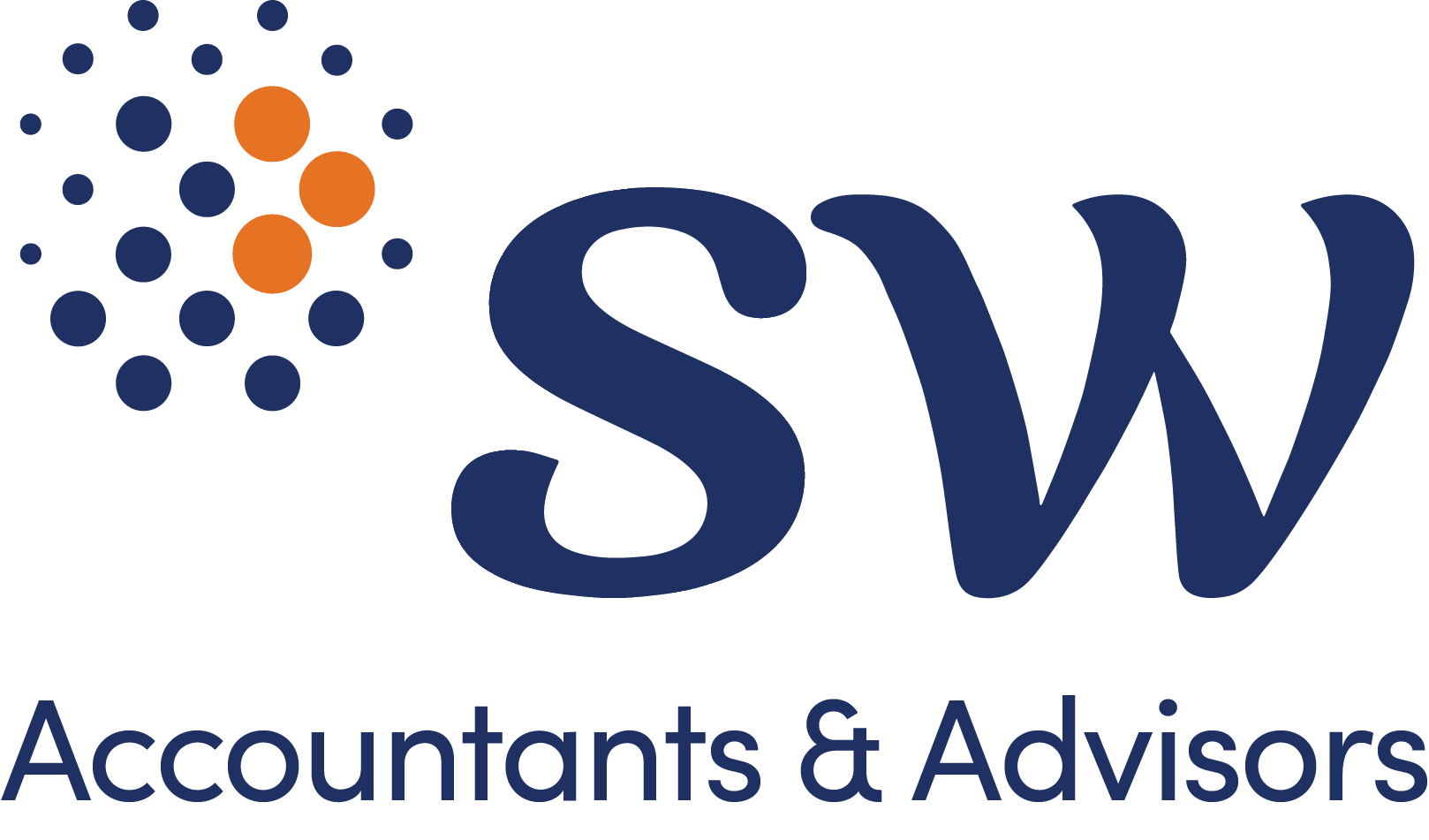
Sustainability Accounting Standards issued
05/07/2023
The International Sustainability Standards Board (ISSB) has issued the first two sustainability accounting standards, with implementation in Australia yet to be finalised.
The ISSB has issued two standards focusing on material risks and opportunities related to sustainability (IFRS S1) and climate (IFRS S2). The new standards are effective for reporting periods beginning on or after 1 January 2024 however, each jurisdiction may choose its own effective date and which entities would be mandated to comply.
In Australia, Treasury received a range of responses to its first consultation paper regarding rollout for mandatory climate disclosure, and the majority of stakeholders agreed that a phased approach should be implemented.
Treasury has now released a second consultation paper, open until 21 July 2023, seeking consultation on several issues such as the timing of the rollout and covered entities, seeking input whether the standards should initially apply to listed entities and what an appropriate entity size would be. Other matters under consultation include what the legislative framework in Australia would be and who entities would be reporting to.
Proposed rollout
Treasury’s proposed roadmap for mandatory adoption can be summarised as follows:
Group 1 | 2024-25
Entities preparing accounts in accordance with the Corporations Act (chapter 2M) and meets at least 2 of the following:
- over 500 employees
- consolidated gross assets of $1 billion or more
- consolidated revenue of $500 million or more.
AND Entities preparing accounts in accordance with the Corporations Act (chapter 2M) that are a ‘controlling corporation’ under the NGER Act and meet the NGER publication threshold.
Group 2 | 2026-27
Entities preparing accounts in accordance with the Corporations Act (chapter 2M) and meets at least 2 of the following:
- over 250 employees
- consolidated gross assets at end of company’s financial year and any controlled entities is $500 million or more
- consolidated revenue for company’s financial year and any controlled entities is $200 million or more.
AND Entities preparing accounts in accordance with the Corporations Act (chapter 2M) that are a ‘controlling corporation’ under the NGER Act and meet the NGER publication threshold.
Group 3 | 2027-28
Entities preparing accounts in accordance with the Corporations Act (chapter 2M) and meets at least 2 of the following:
- over 100 employees
- consolidated gross assets at the end of the company’s financial year and controlled entities is $25 million or more
- consolidated revenue for the company’s financial and any controlled entities it $50 million or more.
AND Entities preparing accounts in accordance with the Corporations Act (chapter 2M) that are a ‘controlling corporation’ under the NGER Act.
Voluntary reporting disclosure
Whilst currently not mandatory, many organisations will choose to early adopt, particularly if they know their investors or other stakeholders will find the information relevant. This includes entities in industries that are expected to be significantly impacted by climate change and/or sustainability related matters.
SW highly recommends that entities consider the adequacy of systems and processes to capture sustainability and climate related information.
How SW can help
Our team of audit and assurance experts are fully informed of the requirements of the sustainability accounting standards and can assist with providing guidance for your business, as well as keeping you abreast of developments from an Australian reporting context.
Reach out to our key contacts here for a conversation.


